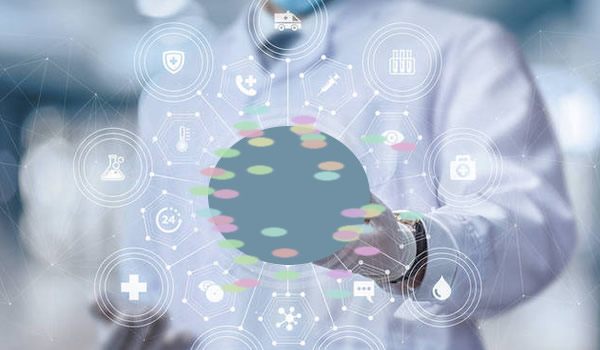Summary: The advent of medical technology (MedTech) has revolutionized healthcare both in Asia and across the world. what MedTech entails, its implications on health treatment, its impact on lifestyle, safety concerns, and the future outlook.
Introduction
MedTech is a critical driver of advancements in healthcare, offering improved diagnostic capabilities and innovative treatment options for various diseases. Understanding its relevance is crucial for anyone concerned about their health - which simply put - is everyone. In Asia, where populations are massive and diverse, the significance of MedTech cannot be overstated. But such relevance extends beyond these borders, as global health is increasingly interconnected.

What is Medical Technology?
Medical technology, or MedTech, refers to the application of knowledge and skills in the form of devices, medicines, vaccines, procedures, and systems formulated to solve health problems and improve quality of life. Examples of MedTech include MRI machines, artificial intelligence (AI) in diagnosis, telemedicine platforms, and drug-delivery systems.
Implications of MedTech on Health Treatment
MedTech allows for more accurate diagnosis, less invasive procedures, and personalized treatment plans. From robot-assisted surgery to AI-driven diagnostic tools, MedTech is enhancing patient care and clinical outcomes. In Asia, telemedicine implementations have allowed patients in remote areas to receive expert medical consultations without needing to travel extensive distances.
Lifestyle Impacts and Public Perception
MedTech's influence extends into daily life, with wearable tech devices providing real-time health monitoring and mobile applications offering health advice. However, perceptions of MedTech vary. While many appreciate the convenience and cutting-edge capabilities, others express concerns over data privacy and the depersonalization of care.
Safety Concerns and Research Development
Ensuring the safety and effectiveness of new technologies is paramount. Therefore, rigorous clinical trials and ongoing research is a must in MedTech. Meanwhile, governments and healthcare organizations need to strengthen regulations to protect patient safety and data privacy.
Future Outlook
As technology continues to evolve, so will MedTech. The future holds promise for the further integration of AI, personalized medicine, and possible advancements yet to be imagined. Public education about these technologies and addressing potential concerns will be crucial for the successful integration of MedTech into everyday healthcare.
FAQs
1. Isn't MedTech just for doctors and hospitals?
While it's true that many MedTech applications are designed for healthcare facilities, many also directly serve patients. Examples include wearable fitness trackers, home diagnostic kits, and telemedicine platforms.
2. Is my data safe with MedTech devices?
Device security is a crucial concern, and most reputable MedTech companies take data protection very seriously. Nonetheless, it's important to always read the privacy policy of any device you use.
3. Will MedTech replace doctors?
MedTech is designed to enhance, not replace, healthcare providers. It provides tools to improve care but does not replicate the essential human touchpoint in healthcare.
Editor's Note
As medical technologies continue to evolve, it's important to stay informed and proactive regarding your health. While MedTech offers incredible opportunities for enhanced healthcare, always remember that it does not replace regular doctor visits and healthy lifestyle choices. Embrace the advancements, but also ensure your digital health literacy is in tune with these fast-paced developments.
User Comments
Charlotte Nelson: gave me clarity on something my doctor mentioned.
Hannah C.: I appreciate how the risks and treatments are clearly laid out.
Harper A.: Finally found something reliable on this topic. Thank you!